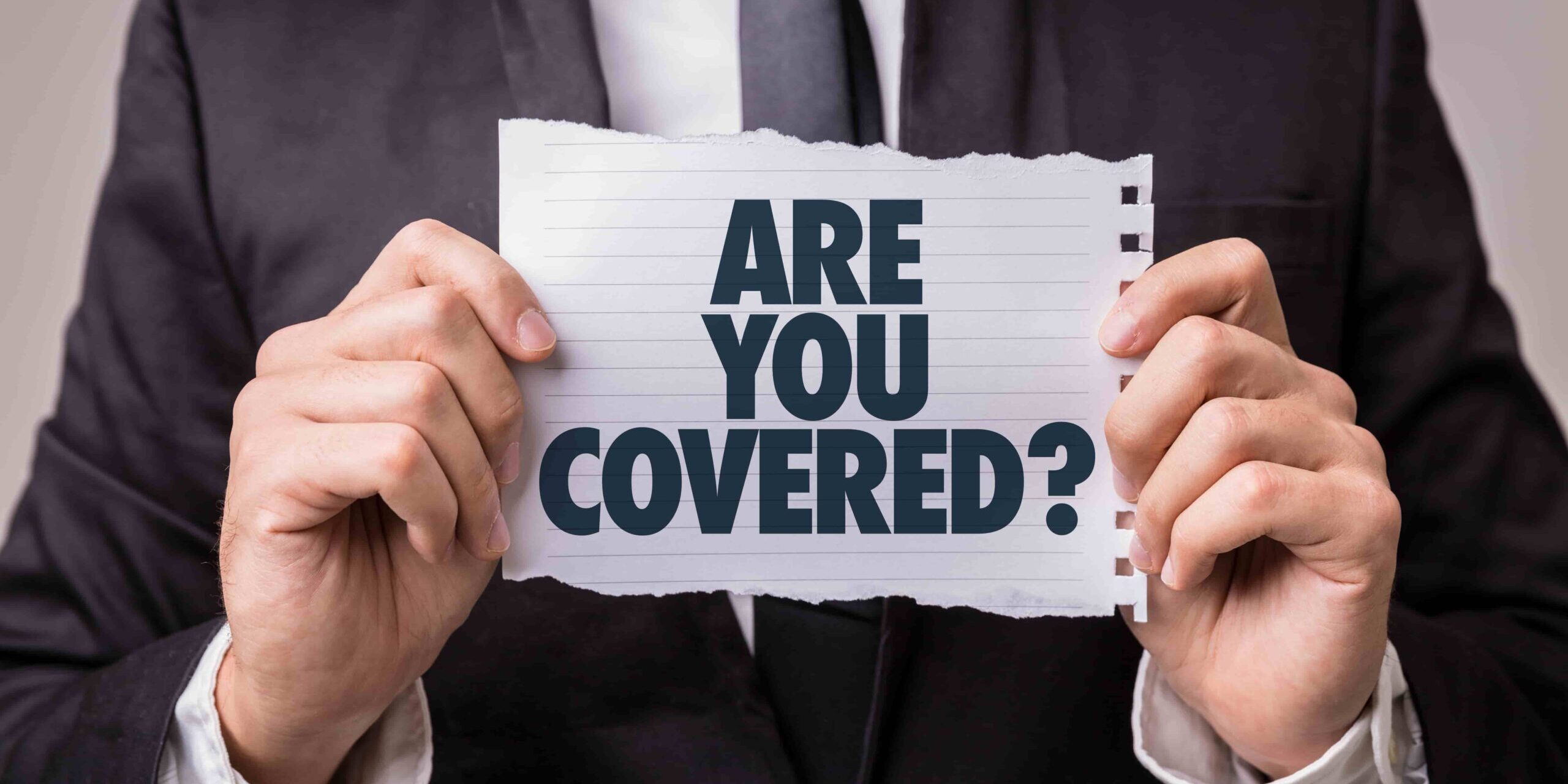Securing a mortgage loan to purchase a new home often requires obtaining adequate homeowners insurance coverage, which includes a specific amount of hazard insurance. It’s important to note that hazard insurance is not a stand-alone policy, but rather a crucial component of a comprehensive homeowners insurance plan. By safeguarding against unforeseen perils such as natural disasters, theft, and accidents, hazard insurance plays a vital role in protecting your family and your home. In this blog, we’ll delve deeper into what hazard insurance entails, why it’s necessary, and how it differs from other types of insurance.
What is hazard insurance?
When you buy a home, you’ll likely come across the term “hazard insurance” – but what does it actually mean? In essence, hazard insurance provides coverage for the physical structure of your home, protecting it against damage caused by specific perils such as fire, hail, and lightning. However, it’s important to note that hazard insurance is just one part of a comprehensive homeowners insurance policy. In fact, many other types of damage – as well as injuries sustained by you or your guests – are covered by separate portions of your policy.
So why the focus on hazard insurance? As it turns out, many mortgage lenders require that borrowers have hazard insurance in place before they will approve a loan. This can create confusion, as some homeowners assume that hazard insurance is a standalone policy that can be purchased separately from homeowners insurance. In reality, however, hazard insurance is simply a component of a broader homeowners policy. If your lender has requested hazard or dwelling coverage, purchasing a homeowners policy will typically meet their requirements.
What does hazard insurance cover?
Here are the hazards that may be covered by hazard insurance:
- Fire damage: Hazard insurance can cover the cost of repairing your home if it’s damaged by a fire. Loss of use coverage may also help pay for your lodging and other associated costs if you need to vacate your home.
- Hail damage: While hail damage is typically associated with vehicles, it can also damage your home. Hazard insurance may cover the costs of repairing your home if it’s damaged by hail.
- Lightning strikes: Damage caused by lightning strikes is usually covered by hazard insurance, even though it’s not the first thing that comes to mind when you think of storm damage.
- Theft: If the structure of your home is damaged during a theft, hazard insurance may cover the costs. Your homeowners policy will generally protect your possessions against theft.
- Vandalism: If your home is damaged by vandalism, hazard insurance may cover the costs of repairing it.
- Fallen trees: If a tree falls and damages your home’s structure, hazard insurance may cover the costs of repairing the damage.
- Vehicle crashes: If a vehicle crashes into your home, it can cause serious structural damage. Hazard insurance may cover the costs of repairing your home.
- Explosions: Explosions, usually caused by gas leaks, can cause massive structural damage to homes. Fortunately, damage resulting from an explosion is usually covered by hazard insurance.
Whether you’re a new homeowner or just curious about hazard insurance, it’s important to understand what’s covered and what’s not. By knowing what hazards your insurance policy covers, you can ensure that you’re adequately protected in the event of a disaster.
Is there anything that hazard insurance doesn’t cover?
It’s important to know that hazard insurance typically doesn’t cover damage caused by flooding. If your home is located in a flood-prone area, you’ll need to purchase a separate flood insurance policy to ensure that you’re adequately protected. Flood insurance policies cover damage caused by overflowing bodies of water, heavy rain, and snowmelt.
How much does hazard insurance cost?
The cost of your home insurance policy is influenced by various factors, including the value of your home, policy limits, and deductible amount. This blog will delve into how insurance companies calculate home insurance premiums and the key considerations to keep in mind when choosing a policy. Additionally, we will discuss some of the optional coverage options available through Nationwide’s personalized policies, such as flood insurance and personal umbrella insurance. Please note that insurance terminology and availability can differ by state, and not all policy coverages may qualify for discounts. Whether you’re a first-time homeowner or a seasoned pro, read on to discover more about safeguarding your investment with dependable homeowners insurance.
Do I need hazard insurance?
Owning a home is a significant investment, and protecting it should be a top priority. Unfortunately, unexpected events like natural disasters, fires, and other hazards can cause extensive damage to your property. This is why having hazard insurance is essential for every homeowner.
Whether it’s a gas explosion, a fallen tree, or any other mishap, being prepared is key.
If you’re dealing with an insurance claim involving hazard insurance, give us a call! Bulldog Adjusters fights to ensure that you get the settlement you deserve to fix your home!







